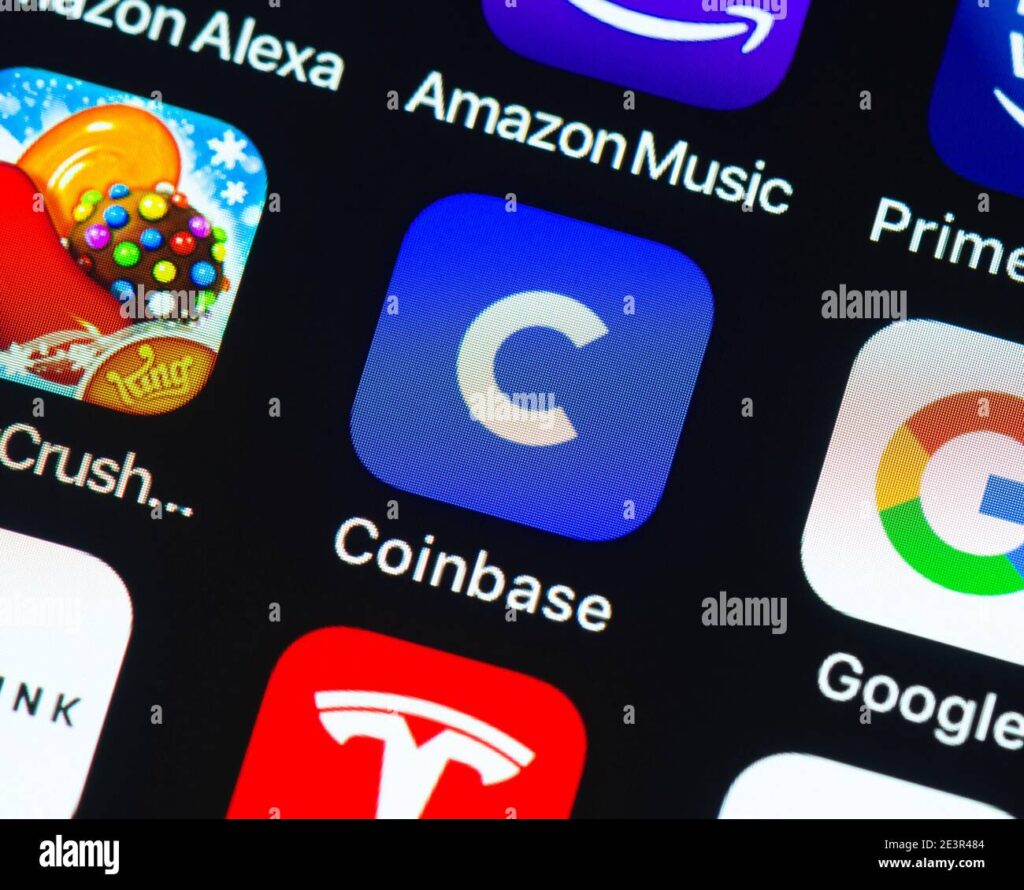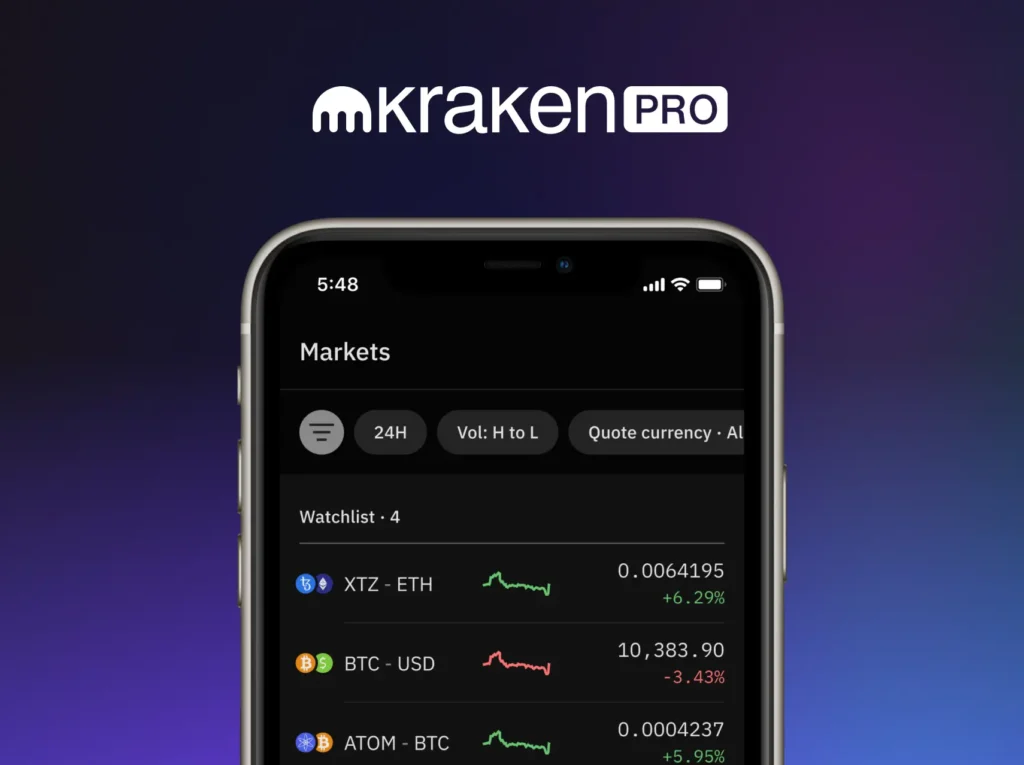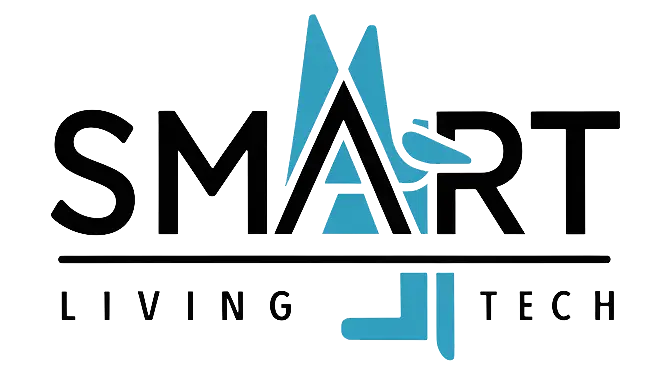The emergence of cryptocurrencies like Bitcoin, Ethereum, and countless others has revolutionized the financial landscape. These digital assets, built on blockchain technology, offer a decentralized and secure alternative to traditional currencies. As the adoption of cryptocurrencies increases, so does the demand for user-friendly and comprehensive applications to manage, trade, and interact with this digital wealth. This guide aims to delve into the multifaceted world of cryptocurrency apps, exploring their various types, functionalities, benefits, risks, and future implications.

Types of Cryptocurrency Apps
- Wallets: The cornerstone of any cryptocurrency interaction is the wallet app. These digital vaults securely store private keys, enabling users to send, receive, and manage their digital assets. Wallets come in various forms, from software wallets installed on devices to hardware wallets offering enhanced security through offline storage.
- Exchanges: These platforms facilitate the buying, selling, and trading of cryptocurrencies. Centralized exchanges (CEX) like Binance, Coin base, and Kraken act as intermediaries, while decentralized exchanges (DEX) like Uniswap and SushiSwap operate without intermediaries, allowing for peer-to-peer trading.
- Portfolio Trackers: With the volatility of cryptocurrency markets, keeping track of one’s holdings is crucial. Portfolio trackers aggregate data from various wallets and exchanges, providing users with a real-time overview of their investments, including profits, losses, and overall performance.
- News and Analysis Apps: Cryptocurrency markets are driven by news and sentiment. Dedicated apps offer up-to-the-minute updates, technical analysis, price predictions, and market insights, helping users make informed investment decisions.
- Payment Apps: As cryptocurrencies gain mainstream acceptance, an increasing number of merchants are accepting them as payment. Payment apps enable users to seamlessly make purchases or send money using cryptocurrencies, bridging the gap between the digital and physical worlds.
- Educational Apps: Cryptocurrency concepts can be complex for newcomers. Educational apps offer tutorials, guides, and interactive courses, making the learning process accessible and engaging.
- Taxation and Accounting Apps: With the increasing regulatory scrutiny on cryptocurrencies, proper tax reporting is paramount. Taxation and accounting apps assist users in tracking their transactions, calculating gains and losses, and generating reports for compliance purposes.
- DeFi Apps: Decentralized Finance (DeFi) is a burgeoning ecosystem built on blockchain technology. DeFi apps offer various financial services, such as lending, borrowing, yield farming, and decentralized exchanges, all without the need for intermediaries.

Functionalities and Features
Cryptocurrency apps come with a plethora of functionalities, catering to the diverse needs of users:
- Security: Robust security features, including two-factor authentication (2FA), biometric verification, and encryption, are paramount to safeguarding user funds.
- User Interface: An intuitive and user-friendly interface is crucial for both novice and experienced users to navigate the app’s features effectively.
- Real-Time Data: Access to real-time price charts, market trends, and news updates allows users to make timely decisions.
- Portfolio Management: Tools for tracking, analyzing, and managing cryptocurrency holdings empower users to monitor their investments.
- Trading Tools: Advanced charting, technical indicators, and order types aid traders in executing their strategies.
- Alerts and Notifications: Customizable alerts keep users informed about price changes, news events, or specific market conditions.
- Customer Support: Reliable customer support channels offer assistance with technical issues or general inquiries.
- Educational Resources: In-app tutorials, guides, and articles cater to beginners and enhance user knowledge.
Benefits of Cryptocurrency Apps
Cryptocurrency apps offer a plethora of benefits:
- Convenience: The ability to manage, trade, and monitor cryptocurrencies from anywhere in the world with a smartphone or device.
- Accessibility: Cryptocurrency markets are open 24/7, allowing users to trade at their convenience.
- Security: Reputable apps prioritize security measures to protect user funds and data.
- Diversification: Easy access to a wide range of cryptocurrencies enables users to diversify their portfolios.
- Financial Inclusion: Cryptocurrencies offer financial services to the unbanked and underbanked populations.
- Innovation: The rapidly evolving cryptocurrency space fosters innovation in financial technology.
Risks and Challenges
While cryptocurrency apps offer numerous benefits, it is important to acknowledge the risks involved:
- Volatility: Cryptocurrency markets are notoriously volatile, with prices subject to rapid fluctuations.
- Security Risks: Despite security measures, hacking and theft remain concerns, necessitating user vigilance.
- Regulatory Uncertainty: The evolving regulatory landscape can impact the legality and operation of cryptocurrency apps.
- Scams and Fraud: Users must be cautious of fraudulent schemes and scams that target unsuspecting investors.
Future Implications
The future of cryptocurrency apps holds immense potential:
- Mainstream Adoption: As adoption grows, cryptocurrency apps will become more user-friendly and integrated into daily life.
- Enhanced Security: Security measures will evolve to counter emerging threats and protect user funds.
- Deify Integration: The integration of Deify applications into everyday financial activities will increase.
- Global Accessibility: Cryptocurrencies will continue to offer financial inclusion to underserved populations.
- Regulation: Increased regulation will provide clarity and legitimacy to the cryptocurrency space.
Conclusion
Cryptocurrency apps have emerged as indispensable tools for navigating the dynamic world of digital assets. From wallet management and trading to portfolio tracking and education, these apps empower users to participate in the cryptocurrency revolution. However, users must be aware of the risks involved and exercise caution when choosing apps and making investment decisions. With continued innovation and increasing adoption, cryptocurrency apps are poised to play a pivotal role in shaping the future of finance.sharemore_vert
The best cryptocurrency exchange and platform for you will depend on your individual needs and preferences. However, some of the most popular and well-respected exchanges include:
- Coin base: A great option for beginners, with a user-friendly interface and a wide variety of educational resources. Opens in a new windowwww.pymnts.com Coin base crypto exchange
- Binance: The world’s largest cryptocurrency exchange by trading volume, offering a wide variety of coins and tokens. Opens in a new windowwww.binance.com Binance crypto exchange
- Kraken: A popular choice for experienced traders, with low fees and a wide range of features. Opens in a new windowbrokerchooser.com Kraken crypto exchange
- Crypto.com: A mobile-first platform with a wide range of features, including a crypto debit card and staking rewards. Opens in a new windowcrypto.com Crypto.com crypto exchange
- Gemini: A security-focused exchange with a strong reputation for compliance and regulation. Opens in a new windowwww.gemini.com Gemini crypto exchange
- KuCoin: Known for its wide selection of altcoins and low trading fees. Opens in a new windowwww.kucoin.com KuCoin crypto exchange.

When choosing a cryptocurrency exchange, it’s important to consider factors such as:
- Security: The exchange should have a strong track record of security and should offer features such as two-factor authentication.
- Fees: The exchange should have competitive fees for trading and withdrawing funds.
- Coins and tokens: The exchange should offer a wide variety of coins and tokens to choose from.
- User interface: The exchange should have a user-friendly interface that is easy to navigate.
- Customer support: The exchange should offer good customer support in case you have any questions or problems.

It’s also a good idea to read reviews of different exchanges before you make a decision. This will help you get a better idea of what other users think of the exchange and whether it’s the right fit for you.sharemore_vert
Among the mentioned exchanges, Coin base is often considered one of the best, especially for beginners. Here’s why:

- User-friendly: Coin base’s interface is designed to be intuitive and easy to navigate, making it an excellent choice for those new to cryptocurrency.
- Wide selection of cryptocurrencies: While not as extensive as Binance or KuCoin, Coin base still offers a decent variety of popular cryptocurrencies for trading.
- Educational resources: Coin base Learn provides a wealth of educational materials, including articles, videos, and quizzes, to help users understand the basics of cryptocurrency and investing.
- Security: Coin base has a strong reputation for security and offers features like two-factor authentication and insurance protection for user funds.
However, it’s important to note that Coin base’s fees can be higher than some other exchanges, especially for smaller transactions.
If you’re looking for an alternative:
- Binance: If you’re a more experienced trader looking for a wider selection of cryptocurrencies and lower fees, Binance is a popular choice.
- Kraken: Another option for experienced traders, Kraken offers advanced trading features and low fees.
- Crypto.com: A mobile-first platform with unique features like a crypto debit card and staking rewards. It has a growing selection of cryptocurrencies and a user-friendly interface.
General Questions
- What is a cryptocurrency exchange? A cryptocurrency exchange is a platform where you can buy, sell, and trade cryptocurrencies for other digital assets or traditional currencies like USD or EUR.
- What are the different types of exchanges? There are centralized exchanges (CEX) like Binance, Coin base, and Kraken, where a third party facilitates trading, and decentralized exchanges (DEX) like Unisa and SushiSwap, where trades occur directly between users’ wallets.
- How do I choose the right exchange? Consider factors like security measures, fees, available cryptocurrencies, user interface, customer support, and reputation. Research and compare different exchanges to find one that suits your needs.
- Are crypto exchanges safe? Reputable exchanges prioritize security, implementing measures like two-factor authentication and cold storage for funds. However, no platform is completely risk-free, and users should exercise caution and follow best practices.
- What fees do exchanges charge? Exchanges typically charge trading fees (a percentage of the trade value) and withdrawal fees (a flat fee or percentage of the withdrawal amount). Fee structures vary between exchanges.
Security Questions
- How can I protect my account from hacking? Enable two-factor authentication (2FA), use strong and unique passwords, be cautious of phishing scams, and avoid clicking on suspicious links.
- What is cold storage, and why is it important? Cold storage refers to storing cryptocurrencies offline, away from internet-connected devices. It provides enhanced security against hacking attempts.
- What should I do if my exchange gets hacked? Report the incident to the exchange immediately and change your passwords on all associated accounts. If you have funds in cold storage, they should be safe.
Trading Questions
- How do I buy and sell cryptocurrencies on an exchange? You will need to create an account, verify your identity, deposit funds, and then use the exchange’s trading platform to place buy or sell orders.
- What are limit orders and market orders? A limit order allows you to specify the price at which you want to buy or sell, while a market order executes immediately at the current market price.
- What is margin trading? Margin trading allows you to borrow funds from the exchange to leverage your trades, potentially increasing profits but also amplifying losses.
Other Questions
- Can I use a crypto exchange in Pakistan? Yes, several international exchanges are accessible in Pakistan, but be aware of local regulations and tax implications.
- How are cryptocurrency transactions taxed in Pakistan? Cryptocurrency transactions are subject to taxation in Pakistan. Consult with a tax professional for specific guidance.
- What is the future of cryptocurrency exchanges? Cryptocurrency exchanges are likely to play a significant role in the future of finance, with continued innovation and increasing adoption. Increased regulation is also expected in the coming years.
- What is a cryptocurrency exchange? A platform for buying, selling, and trading cryptocurrencies for other digital assets or traditional currencies like USD or EUR.
- What are the different types of exchanges?
- Centralized exchanges (CEX): Third-party facilitated trading (e.g., Binance, Coin base, Kraken)
- Decentralized exchanges (DEX): Direct peer-to-peer trading via users’ wallets (e.g., Uniswap, SushiSwap)
- How do I choose the right exchange?
- Security: Two-factor authentication (2FA), cold storage, reputation
- Fees: Trading fees, withdrawal fees
- Cryptocurrencies available: Variety of coins and tokens
- User interface: Ease of use, beginner-friendly vs. advanced features
- Customer support: Responsiveness, helpfulness
- Reputation and reviews: Research user experiences
- Are crypto exchanges safe? Reputable exchanges prioritize security but no platform is risk-free. Use strong passwords, 2FA, and be cautious of phishing scams.
- What fees do exchanges charge? Trading fees (percentage of trade value), withdrawal fees (flat fee or percentage), and sometimes deposit fees.
- Security Questions
- How can I protect my account from hacking?
- Strong, unique passwords
- Enable 2FA
- Beware of phishing scams
- Keep software updated
- What is cold storage, and why is it important? Storing crypto offline on hardware wallets or paper wallets, protecting against online hacks.
- What should I do if my exchange gets hacked? Report to the exchange, change passwords, move funds to cold storage if possible.
- Trading Questions
- How do I buy and sell cryptocurrencies on an exchange? Create an account, verify identity, deposit funds, use the trading platform to place buy or sell orders.
- What are limit orders and market orders?
- Limit order: Specify the price you want to buy/sell at.
- Market order: Executes immediately at the current market price.
- What is margin trading? Borrowing funds from the exchange to leverage trades, increasing potential profits but also losses.
- What are stop-loss orders? Automatically sell a cryptocurrency when it reaches a certain price, limiting potential losses.
- Specific Questions (Pakistan)
- Can I use a crypto exchange in Pakistan? Yes, international exchanges are accessible, but be aware of local regulations and potential restrictions.
- How are cryptocurrency transactions taxed in Pakistan? Consult a tax professional as regulations are evolving.
- Are there any Pakistani crypto exchanges? Currently, there are no fully regulated Pakistani crypto exchanges.
- Other Questions
- What is KYC, and why do exchanges require it? Know Your Customer (KYC) is a process to verify user identity to prevent fraud and money laundering.
- What are stable coins? Cryptocurrencies pegged to a stable asset like USD, offering price stability.
- What is DeFi, and how does it relate to exchanges? Decentralized Finance (DeFi) offers financial services on the blockchain, and some DEXs are part of the DeFi ecosystem.
- Additional Tips
- Research before investing: Understand the risks and potential rewards.
- Start small: Don’t invest more than you can afford to lose.
- Diversify your portfolio: Don’t put all your eggs in one basket.
